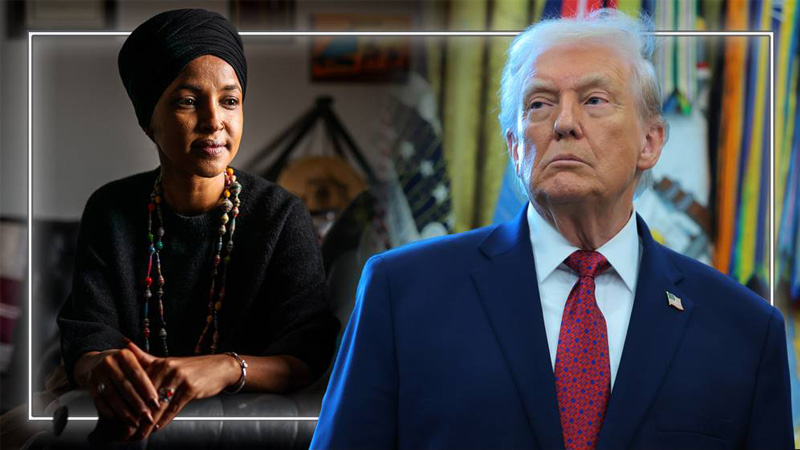As of May 17, TikTok will start implementing new rules affecting content appearing on the app’s For You feed (FYF), and the changes are prompted by concerns about so-called “harmful speech” and “misinformation.”
FYF is vital for the visibility of content, since it opens and plays videos automatically when the app is launched, something TikTok refers to as its “personalized recommendation system.”
A post on the company’s site titled, “For You feed Eligibility Standards,” reveals that content that is deemed as health or news “misinformation” will be censored from this tab more stringently going forward.
On the health side, TikTok looks to clamp down on anything from videos promoting “unproven treatments,” dieting and weight loss, plastic surgery (unless related risks are included as well), videos allegedly misrepresenting scientific findings, to the very broadly defined content that is considered misleading, and “could potentially” cause harm to public health.
Clarity is not the announcement’s strong suit, and so the new rules will tackle even such things as “overgeneralized mental health information.” Also in the FYF “doghouse” will be content that’s found to be too focused on “sadness” (including “sharing sad quotes”).
Then there’s the blog post’s “explanation” that some types of content “may be fine if seen occasionally, but problematic if viewed in clusters.”
What this actually means is control of users’ exposure to content at its finest: “We will interrupt repetitive content patterns to ensure it is not viewed too often,” TikTok said.
When it comes to hate speech, “outlawed” is now even “some content” that is deemed to be making insinuations or indirect statements about protected groups – such that “may implicitly demean” them.
Dangerous activities and challenges are also banned from FYF – apparently only if they lead to “moderate physical harm.” And if you’d like your videos of people “wearing only nipple covers or underwear that does not cover the majority of the buttocks” to be featured, well, you’re also out of luck.
Other than disappearing from FYF, users who repeatedly post speech offending to TikTok’s new rules content will get deranked in the app’s search.
There’s sexually suggestive and graphic content (including fictional graphic violence), also defined in some interesting, at times overly vague, at others oddly specific ways.
And, naturally, the new rules deal with “misinformation” and “election integrity.”
In the first category, “not eligible for FYF” are “conspiracy theories that are unfounded and claim that certain events or situations are carried out by covert or powerful groups, such as ‘the government’ or a ‘secret society’.”

The second seeks to remove “unverified claims about an election, such as a premature claim that all ballots have been counted or tallied; statements that significantly misrepresent authoritative civic information, such as a false claim about the text of a parliamentary bill.”




